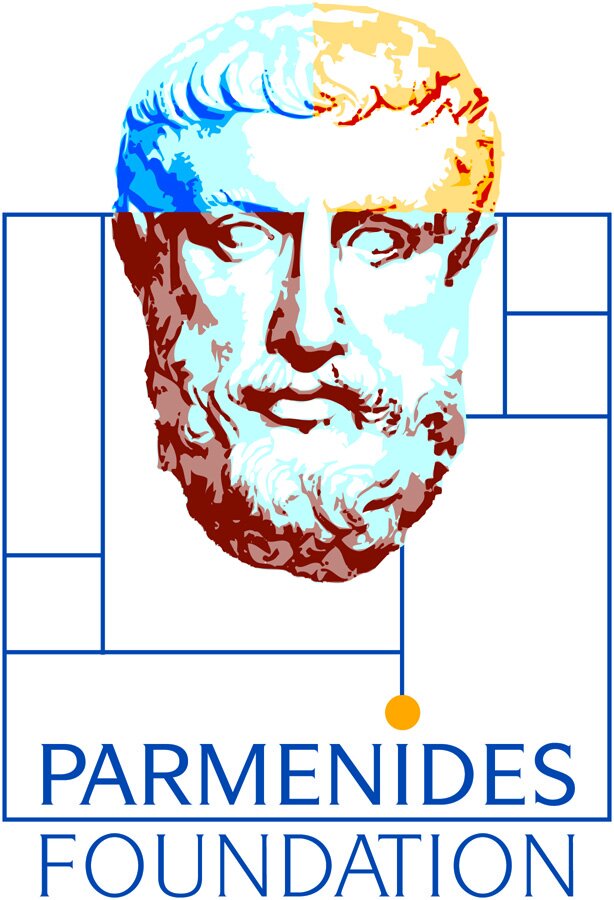Parmenides Center for the Conceptual Foundations of Science
A crucial field for understanding thinking – and for making the study of thinking practically relevant – are the unresolved foundational issues in science, especially in physics, biology and cognition research. Many members of the foundation continue to work and publish on foundational issues within their academic “home turf”.
For this reason, and in order to systematically utilize emerging synergies between their works, we decided to organize these ongoing activities in a specific organizational unit, the Parmenides Center for the Conceptual Foundations of Science.
Many of the most fascinating issues in today’s science seem to be characterized by the fact that further progress requires a new combination of searching for additional empirical evidence and reflecting on the conceptual frameworks in which the respective phenomena are addressed. In many cases it is even necessary to make the very categorial foundations – which shape the way we perceive and think about an issue in the first place – a central part of our first-order theories.
This holds true for the study of matter/energy in quantum and relativistic physics, and especially for the huge challenge of understanding the relation between the two. It holds equally true for understanding what constitutes life and how the phenomenon of life could emerge out of inanimate matter. And it holds true again for the question of what constitutes mind and consciousness and how they could emerge out of life, and thus out of matter.
While the pervasive need to publish in high-impact journals indeed fosters fast advances in already well-established directions, this attitude has the downside of increasing marginalization of the complementary component of progress in science, namely the “slow and lonely work” of deep thinking (Heidegger).
By explicitly focusing on the conceptual foundations and drawing scientific conclusions from them, the Center creates an opportunity for innovative reflection that transcends established patterns of thought and disciplinary boundaries. Interestingly enough, the big unresolved issues mentioned above (matter/energy, life and mind/consciousness) seem to have some common denominators. For example, the structure of strong self-referentiality – anathema to classical approaches, which tend to assume comprehensive well-definedness and causal closure – seems to play a crucial role in all of them. Likewise, a concept of temporality that does not reduce time to its linear-sequential footprint in local space-time seems pivotal.
Such points of convergence strengthen the argument for focusing on the categorial foundations of scientific research. If we are getting something wrong “down there”, it will likely pop up again in the form of inherently insurmountable problems in scientific fields such as the ones studying the puzzles mentioned above.
Our central aim is to provide a framework in which (a) these foundational, categorial issues can be studied thoroughly for each relevant field, where (b) the respective findings can be exchanged and discussed across disciplinary boundaries, thus enabling us to look for cross-cutting patterns and to identify the deep, structural issues in the way we are used to think about empirical reality and (c) where we work out the theoretical—and if possible—the experimental consequences of the categorial analysis and synthesis. We facilitate a bidirectional interaction between the categorial approach and our scientific roots and activities in the relevant disciplines (including theoretical physics, evolutionary dynamics and cognitive science).
